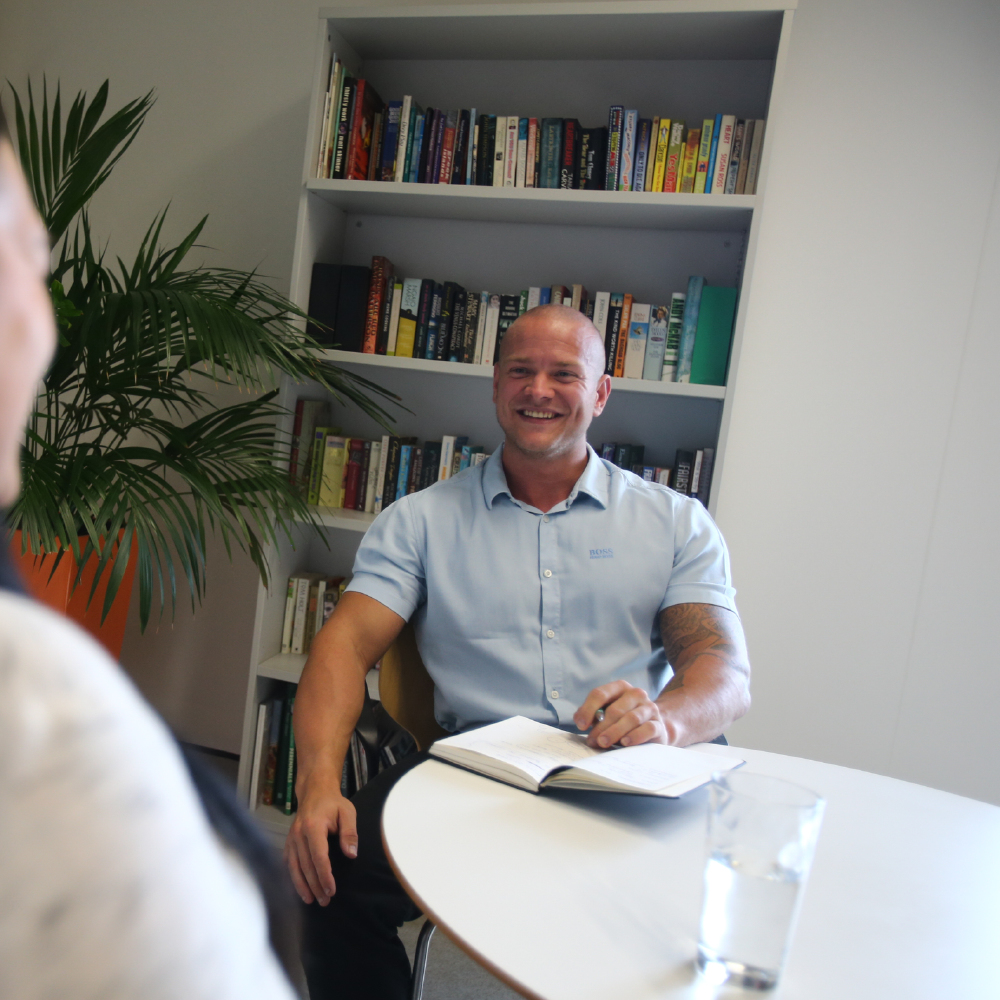April is Stress Awareness Month, an event that has been held annually since 1992. This is a time when professionals and anyone who has experienced stress come together to raise awareness of its significance. While stress is not classified as an illness, it can have other health implications, and so the event also promotes ways of managing stress.

Currently in the UK, people suffering with stress are signed off work for an average of 23 days
Currently in the UK, people suffering with stress are signed off work for an average of 23 days, while collectively the nation loses almost 9 million work days due to stress and related illnesses. A quick Google search demonstrates the prevalence of it in our society; the search engine immediately offers ‘stress’ as the top of its search list when typing in NHS.
Stress undoubtedly comes in all shapes and sizes and from a variety of sources. For some of us, it will last for a longer period of time and affect us greatly, others might experience stress in terms of something temporary. However, stress becomes a problem when it begins to affect your general wellbeing. Being aware and responsive to all kinds of stress is hugely important, sometimes even thinking about stress can lead to a vicious cycle, but it is one that can be broken. Ben Edwards, a life coach, qualified NLP practitioner and motivation speaker, provides several steps you can take to handle or even eliminate stress.
Manage your diet
Ben would recommend that for stress brought on by factors such as work, deadlines and general everyday worries, making small alterations to your diet can be beneficial. Cutting down on caffeine intake, a known source of anxiety, while staying hydrated prevents irritability often associated with stress. Eating foods such as leafy greens and blueberries increases the antioxidants in your body that fight stress. Whilst it might be tempting to fill up on carbohydrates when you’re stressed and busy, including healthy fats will keep you running for longer. Similarly, it can be tempting to either stop eating or over-eat when stressed, but trying to maintain a balanced diet will help you to feel energised and prepared to face the day. Stress can have knock-on effects such as high blood pressure, something which a lot of foods can eliminate.
Talk to someone
You can often see people whose stress is being exacerbated by the fact that they keep all their feelings to themselves and don’t confide in other people. It’s usually the case that sharing how you are feeling lessens the weight of the stress that you are carrying. By avoiding telling people that you are experiencing stress, you are shutting yourself off from potential friends and family members who could help you or offer you valuable advice
Make time for exercise
Exercise doesn’t make the reasons for your stress disappear, but it can eliminate the intensity of it, even if only for a while. Exercise offers a way to vent feelings and it can even change the chemical balances in the brain and release endorphins; hormones that naturally make people feel happy. Ben has found that his client’s stress arises when they feel as though they have no escape from a stressful environment. Choosing to get out in the fresh air, even just to go for a walk can have a positive impact on your mood.
Organisation is key
Sometimes being too busy at work or having a hectic home life can lead people to experience stress in every other area of their life. Often there seems to be so many tasks ahead of us that it’s hard to know where to begin. Taking time to simply organise the tasks you have ahead of you and creating a plan if you have a lot of deadlines, can be enough to reduce the stress that the workload or tasks are creating.
Take time out for yourself
Something that Ben has heard a lot when suggesting that people spend time on their hobbies or even have an hour or so to themselves during the week is that they don’t have time, due to everything else they have going on in their lives. Looking after yourself can reduce stress and doing things you enjoy, as with exercise, can release positive endorphins. If you were suffering with a cold, you would probably take the steps to make sure you feel better and would indulge in some TLC - the same should go with stress.

Should you need more advice on dealing with stress and managing your life, visit www.benedwards.com
Tagged in Stress

